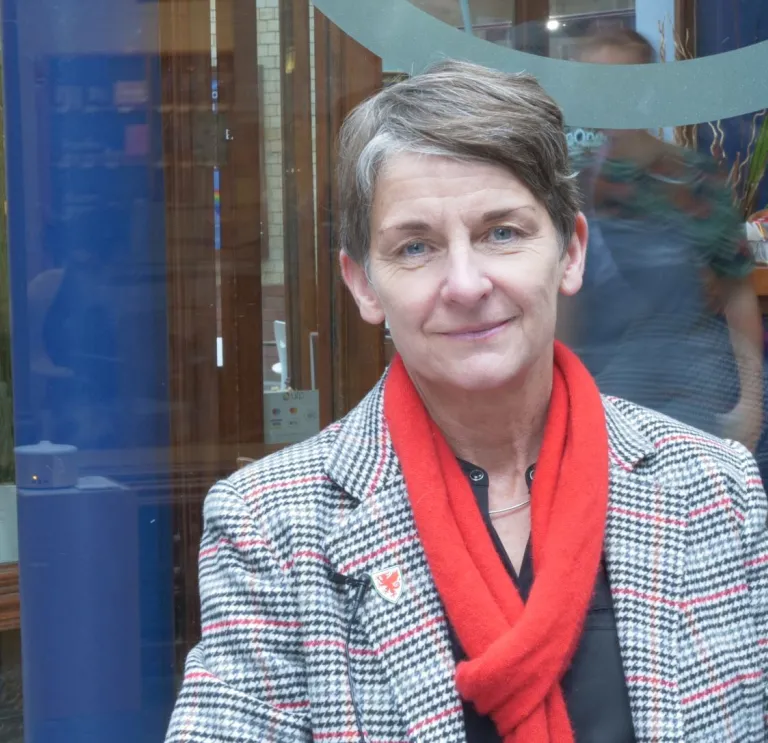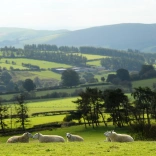A captain of the Welsh international football team during the 1990s and early 2000s, Laura McAllister is now deputy chair of UEFA’s Women’s Football Committee and a Board Director at the Football Association of Wales Trust, as well as Professor of Public Policy and the Governance of Wales at Cardiff University.
Here, Laura shares her views on how football has firmly etched itself into Welsh identity, the importance of managing the growth of the game in the country, and how the sport can help sell Wales to the world.
Being part of the journey
I feel very, very proud of my time playing for Wales. Of course, it was a very different experience in those days [the 90s] to the experiences that the girls have now as international players. We were on our bare bones really, in terms of the resources that we had – even the kit was secondhand or men's size XXL. But even so, we were a good, technical team, and we were all honoured and delighted to be able to wear the red shirt of Wales.
It might not have been perfect, but it was another step forward in the journey to where women’s football is in Wales today, with recent matches drawing record-breaking crowds of over 15,000 fans.
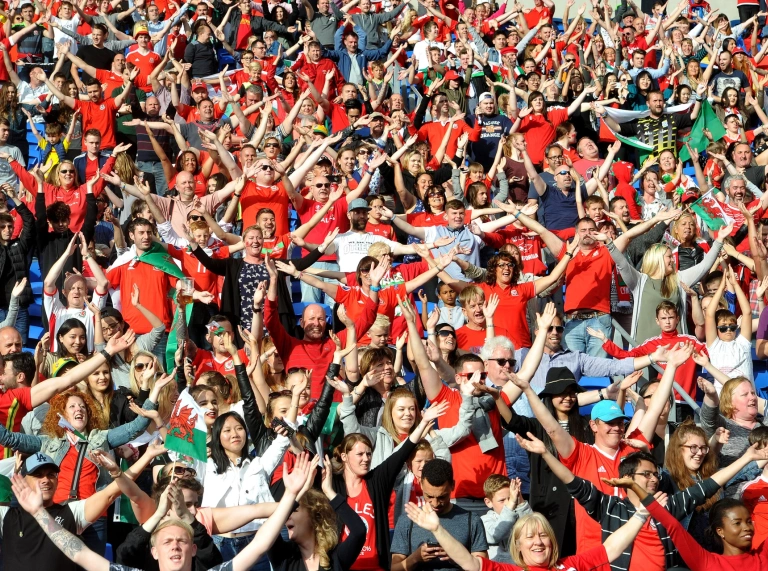
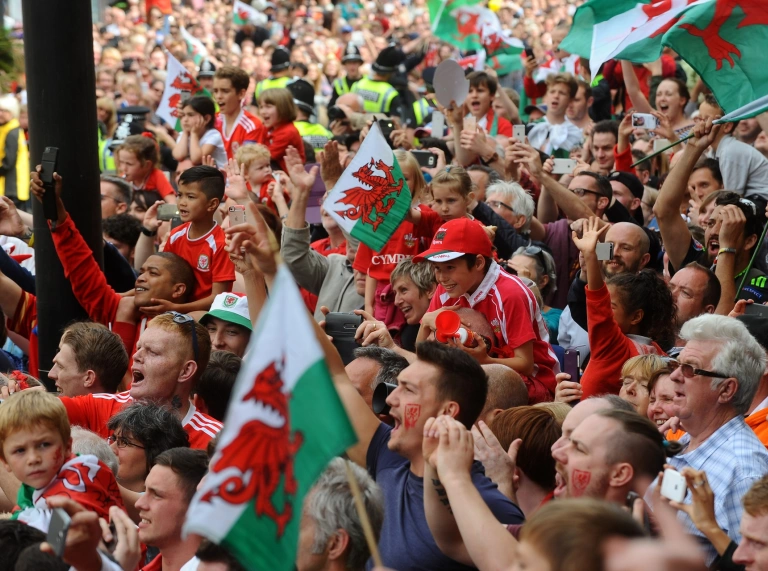
A decade of success
Football has a long, colourful history in Wales, but, when it comes to support for the national team, success helps breeds interest. The men’s team's achievement of not only qualifying for Euro 2016, but taking the tournament by storm with a dazzling run to the semi-finals, pushed the popularity of the international game to new heights – while also propelling Wales onto the world stage as a footballing nation.
I think it wasn't just on the pitch that we impressed people, either. The fans were so well behaved and embraced the reputational pressure that we had to be ambassadors for our country. I feel this fan ethos – passionate but respectful – has also been absorbed into the footballing identity of Wales.
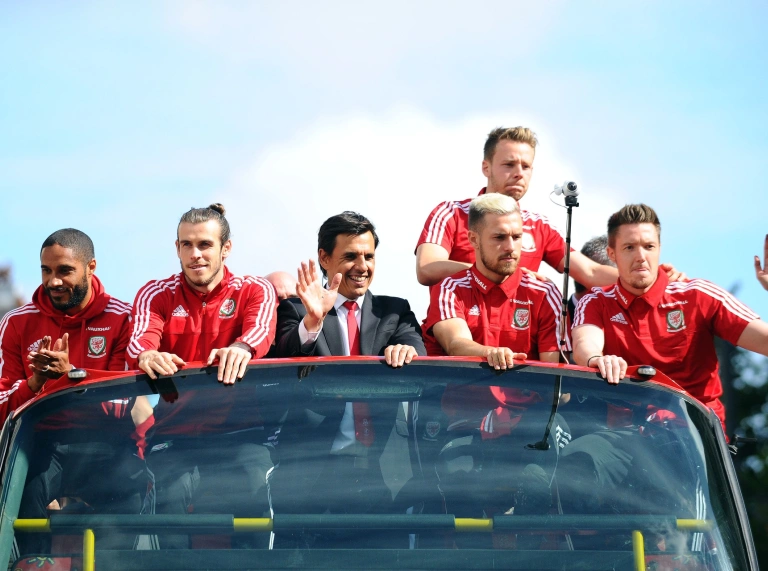
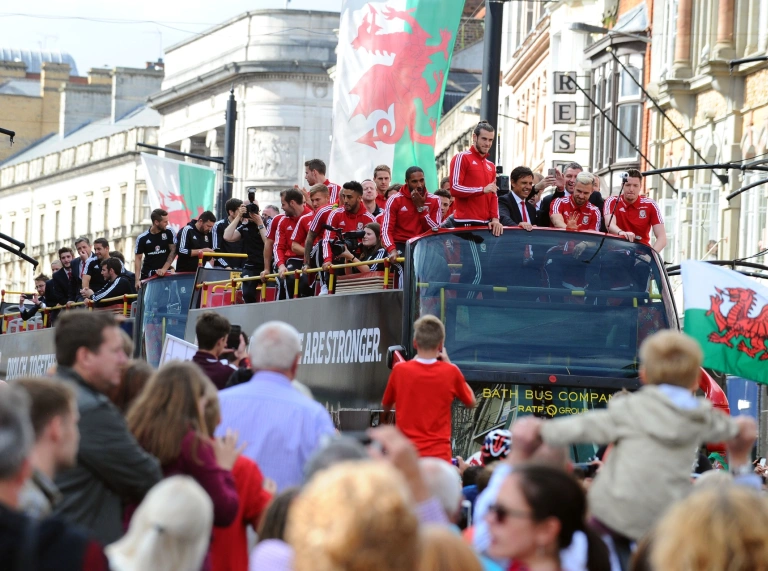
A very Welsh brand of football
One of the important things the Football Association of Wales (FAW) has done in recent years is to help players embrace the history and culture of Wales. For example, the men’s and women’s squads have visited Aberfan [the site of the 1966 mining disaster] and Hedd Wyn’s grave in Belgium [a famous Welsh poet who died during WWI]. As a result, they’re knowledgeable about our heritage, and I think that influences the fans to learn more too, because there’s a very emotional connection between the players and fans in the country.
There’s also been a deliberate effort to normalise the use of Welsh in football. We call the National team, Cymru [the Welsh name for Wales], for example. But it has also come in organically, through our anthem and the patriotic songs people sing in the stands such as, Yma o Hyd (Still Here). All of which creates this bond between Welsh football and Welsh culture, and helps us put our own unmistakable Welsh stamp on the sport.
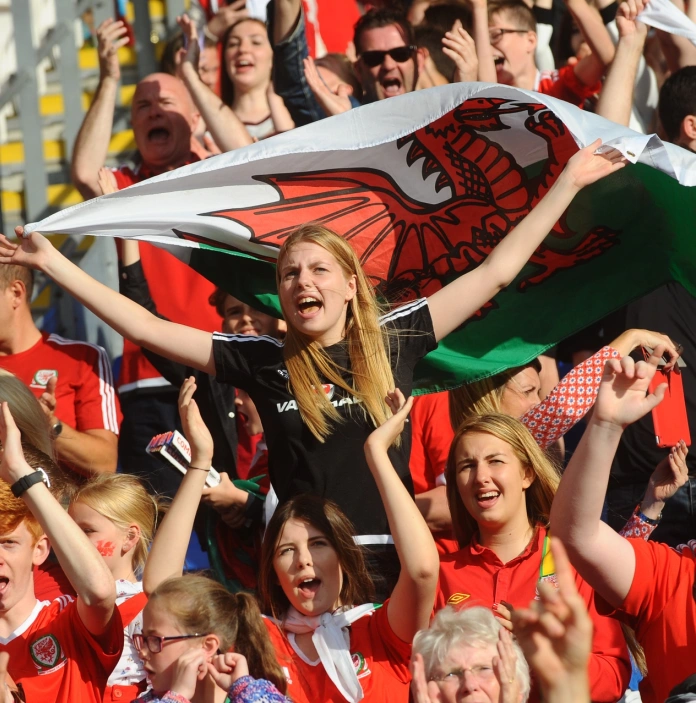
Selling Wales on the world stage
What football can do in terms of raising the profile of Wales is probably greater and more far-reaching than anything else, because football is a genuinely global sport.
It’s reported that the 2022 World Cup was watched by half of the world’s population aged over four, and what they'll see is Team Cymru with our own flag, our own anthem, our own language, our own fans, and they'll differentiate us from other countries, including England (who we’ll be playing against at the group stage). And that's important for everything from promoting trade and tourism to the international education sector.
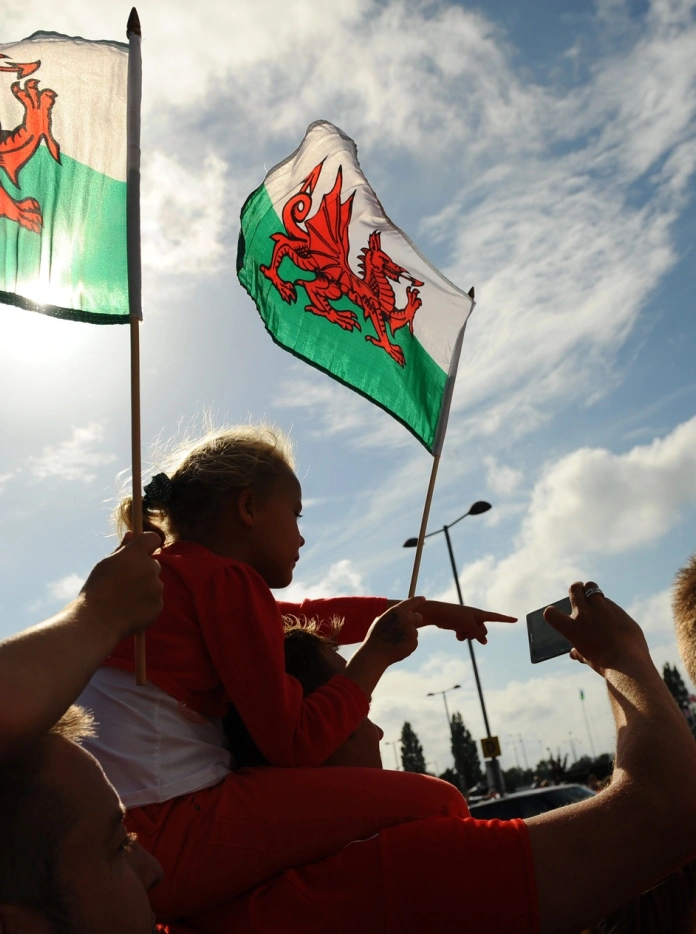
Creating role models
This current crop of senior international players really take the responsibility of inspiring the next generation seriously, particularly in the women’s team. The girls are happy to talk about their own experiences of sexism, or racism, or, for the LGBT members of the squad, homophobia, or coming out.
They're quite relaxed about being political about their sport, and I think that that makes them appeal more to the public, and also creates the view of Wales being an inclusive, welcoming country to the rest of the world.
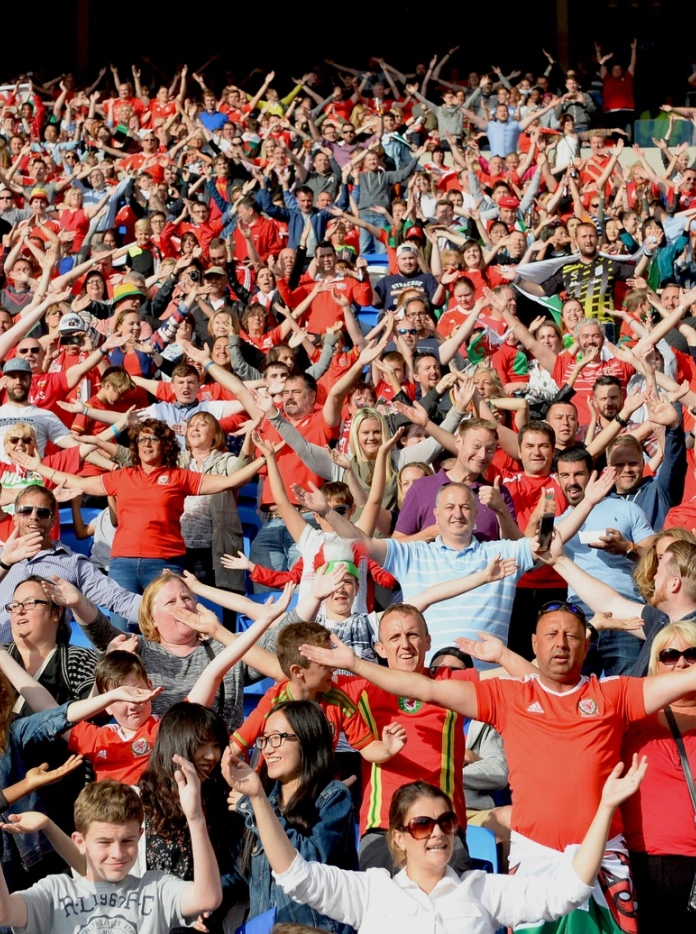
Managing the growth
Football has the highest participation levels of any team sport in Wales, and I think the game's popularity will only continue to grow. But we've got to manage that growth, because otherwise it’ll grow in a lopsided way. So, naturally, there'll be more boys and men playing, unless we create the bespoke conditions for girls and women to play too.
Football is everybody's game, and everyone should reap the health and social benefits it brings. That means not only opening the door to young girls, but also those with disabilities, or black and minority ethnic groups, who may not be as well represented, especially at the top levels of the professional game.
In conjunction with this, we want the sport to become more sustainable, particularly environmentally, implementing green policies that help to futureproof the sport and tie in with Wales’ forward-thinking Future Generations Act.
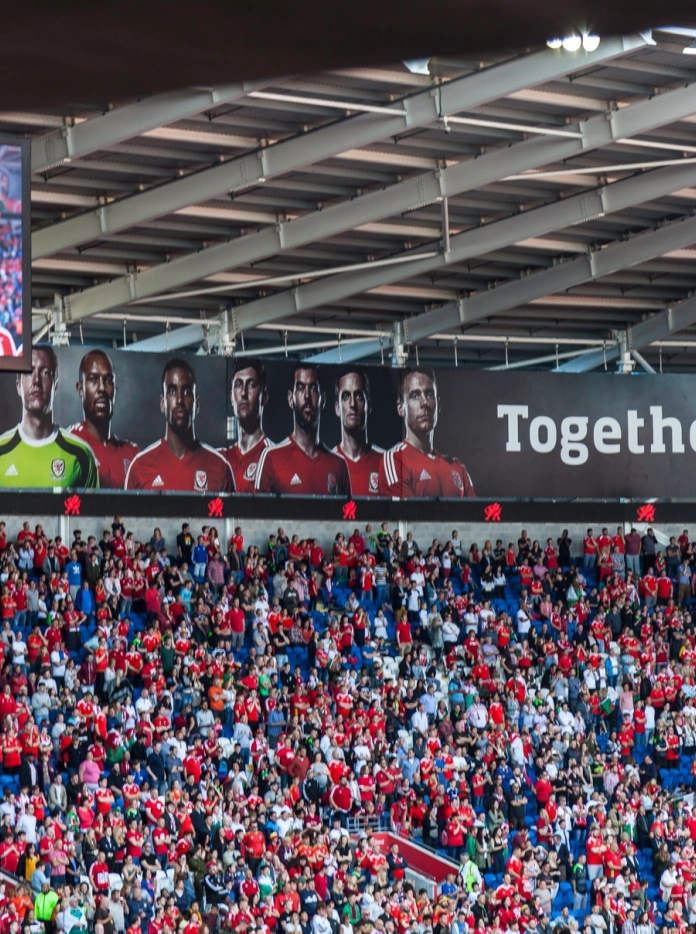
Football as Wales’ national sport
People often debate about whether football or rugby is Wales’ national sport, but I’ve never considered it a question of ‘either or’. I think both sports are really important to the Welsh population, and plenty of people play both. As such, we’re partners in the sporting environment in Wales, and I think we need to work together.
Additionally, there are a lot of other sports we’re very successful at in Wales, like cycling or taekwondo or boxing. So you could make a case for any of those being our national sports too.
Let people have that rugby versus football conversation over a drink in the pub, but, for me, they're both our national sports, as are lots of other sports, and we should give them all a place in our national identity.

